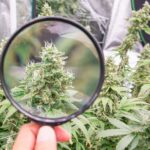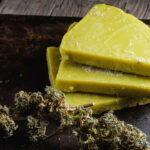The Best Fluffy Pancakes recipe you will fall in love with. Full of tips and tricks to help you make the best pancakes.
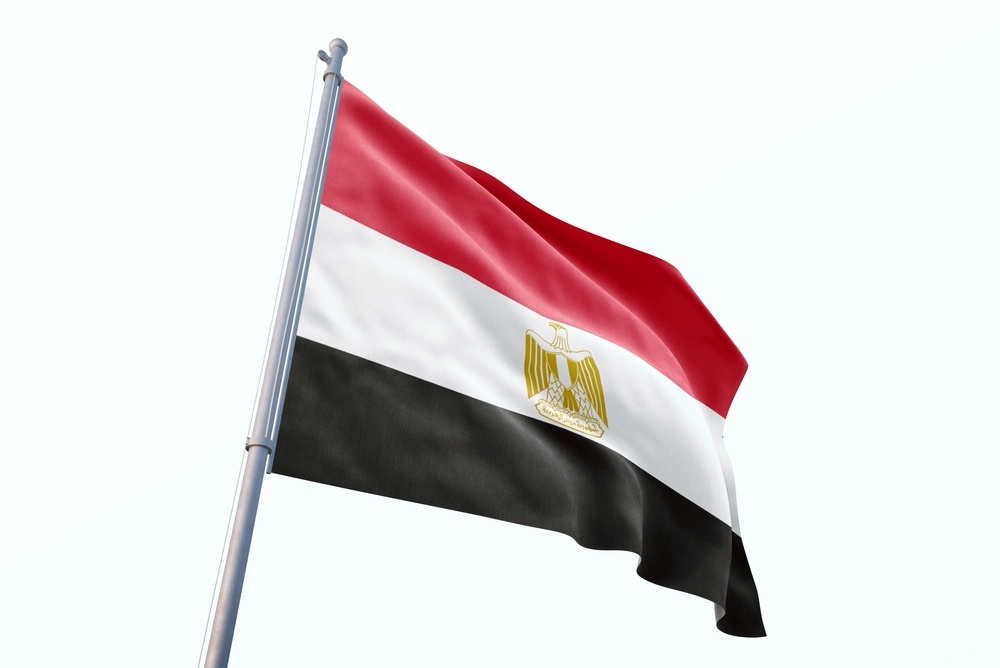
Is Weed Legal in Egypt?
You’re probably here for a straight answer: is weed legal in Egypt? The answer is no—cannabis (weed, hashish, or local “bango”) is illegal for recreational and medical use, and penalties can be severe. As a breeder and grower, I love talking terp profiles, landraces, and cultivation technique—but when it comes to Egypt, you need to understand the legal framework first. Egypt’s drug laws are strict on paper and can be strictly enforced in practice—especially for import, trafficking, and anything that looks like “commercial” activity. That said, cannabis use is culturally familiar and still fairly widespread in some areas, which creates a tension between law and reality that you must navigate carefully.
Legal Status of Cannabis in Egypt
Egypt’s core drug law is Decree-Law No. 182 of 1960, as amended—most notably by Law No. 122 of 1989. This framework criminalizes cultivation, possession, production, trade, import, and export of narcotics, including cannabis in all forms. There is no recognized medical cannabis program, and recreational marijuana remains prohibited. Practically speaking: cannabis in Egypt = illegal for use, possession, cultivation, and sale.
Recreational Use — what the law says
For recreational users, the law does not carve out “small personal amounts.” Possession is a crime, and courts can impose prison and fines. While some commentary notes informal tolerance in certain settings, you cannot rely on that. From a grower’s perspective, if you’re in Egypt, leave your stash at home—airport and border checks can be aggressive, and routine police stops do happen.
Medical Cannabis and CBD — legal or not
Egypt has no legal pathway for medical cannabis prescriptions or dispensaries. CBD is also risky: authorities generally treat CBD (even “hemp-derived”) as an illicit cannabis derivative. Travellers bringing CBD vapes or oils have been detained in high-profile cases; there is no consumer framework that protects you. My guidance is simple: do not import or carry CBD into Egypt, and don’t mail-order it there.
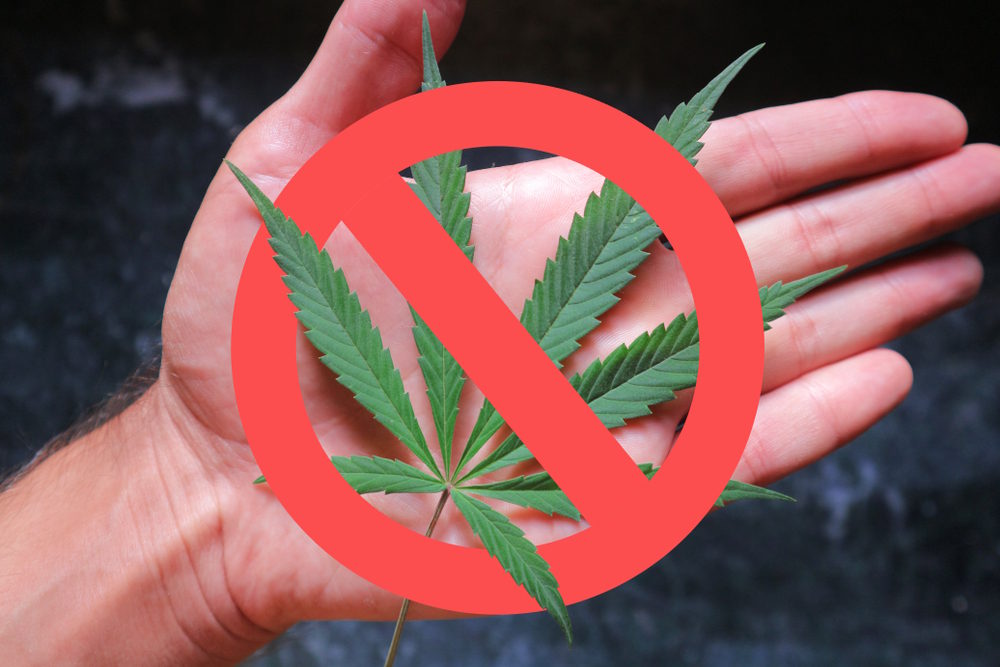
Penalties and Enforcement
Penalties scale with conduct—use/possession on one end; cultivation, supply, and trafficking on the other. The letter of the law is strict, and prosecutors have latitude.
Possession — jail time, fines, variation by amount or repeat offenses
Possession for personal use can still mean prison time and fines. Egyptian reporting and international explainers describe sentencing ranges that depend on quantity and whether you’re a repeat offender; courts can consider context and intent (e.g., “use” vs “supply”). Bottom line for you: even a small quantity can put you in the criminal system, and “I have a prescription from home” doesn’t help.
Cultivation, Trafficking, Distribution — harsher punishments, possibly death penalty
Where Egypt is especially severe is on the “commercial” side: importing, exporting, large-scale supply, or cultivating for trade. The controlling statute and its 1989 amendment authorize extremely heavy punishments, and Egyptian and international legal records document death sentences in drug-smuggling cases. If you think “I only run a small grow,” understand that growing can be charged as production—firmly on the serious end of the scale in Egypt.
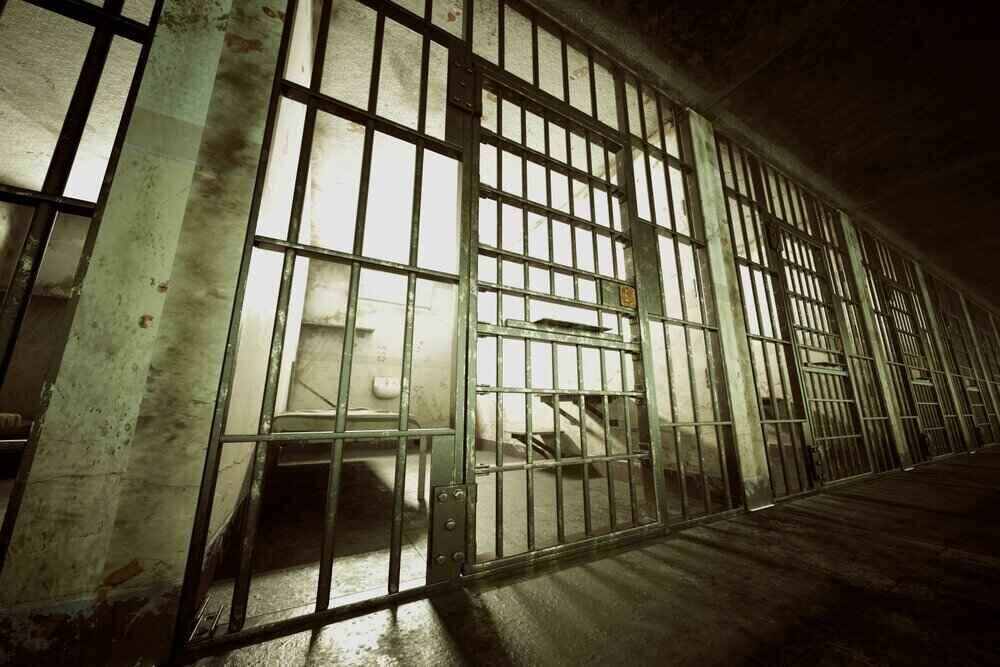
Historical and Cultural Context
Cannabis has a long cultural footprint in Egypt—hashish cafés, the local term “bango,” and regional cultivation lore—but the modern statutory regime is prohibitionist. That contrast is why you may hear stories of open use in some communities while also reading about very tough sentences.
Ancient uses of cannabis (medicinal, ritual)
Ancient medical papyri (like the Ebers Papyrus) are often cited for cannabis-like preparations, yet the scholarship is mixed. Some writers point to terms such as “shemshemet” and recipes resembling cannabis remedies; other scholars argue there’s no firm evidence of psychoactive cannabis use before the Arab period. So, historically: there’s intriguing evidence—but also fair debate.
Colonial and modern legal developments
Egypt’s modern stance is shaped by 20th-century international drug control and domestic codification—most importantly the 1960 narcotics law and later amendments. Contemporary policy has tightened against “new” synthetic substances as well.
Current Enforcement Practices vs Reality on the Ground
As a grower, I’m always weighing what laws say versus how they’re enforced. In Egypt, both matter: there’s real enforcement—especially at borders and for supply chains—yet everyday use exists in parts of society.
How strictly are laws enforced — small amounts vs large scale
Large-scale operations, smuggling, and import/export get the harshest attention. Airport seizures (including vape cartridges with cannabis extracts) make the news; courts do hand down serious sentences. Meanwhile, anecdotal tolerance of small-scale consumption exists in some social spaces, but it’s inconsistent and not a shield. Never rely on “everyone does it.”
Regional variations (Sinai, Upper Egypt, Cairo etc.)
Reports and research note cannabis cultivation in the Sinai Peninsula and Upper Egypt, plus recurring eradication campaigns. Cairo is the primary enforcement hub (and the place most tourists interact with police), but Sinai and border areas see crop destruction and bulk-shipment seizures when authorities target supply lines.
Public opinion, proposals for reform, MPs pushing for decriminalisation
In 2018, MP John Talaat floated a draft law to decriminalize drug use and channel people to treatment instead of prison—reflecting a small reform current within a broadly conservative environment. The idea sparked debate but did not translate into a nationwide shift; by 2019, the cabinet was also advancing tougher measures against dealers and synthetics. Net effect: discussion exists, but policy remains prohibitive.
Risks for Tourists and Foreigners
If you’re visiting Egypt, think like a compliance officer, not a connoisseur. Your goal is zero exposure.
What travellers need to know — import, possession, accidental offences
Here’s how I brief friends before they fly:
- Do not bring cannabis, hashish, CBD oils, CBD vapes, edibles, or “hemp” products. Labeling won’t protect you if authorities consider it a controlled derivative.
- Expect rigorous airport screening. Even “leftover” cartridges, grinders with residue, or “legal back home” gummies can lead to arrest.
- Keep prescription medications in original packaging with documentation; some psychoactive meds are controlled.
- Never buy locally. Street purchases carry arrest risk and no product safety.
Legal consequences for foreigners vs locals
Foreign nationals are prosecuted under Egyptian law; a foreign passport or medical card does not grant immunity. Consular staff can visit and advise, but they cannot secure release or override local proceedings. Penalties for drug crimes can be far harsher than many travellers expect.
Prospects for Change / Reform
I’m bullish on global cannabis reform, but you have to read the room country by country. In Egypt, near-term movement looks limited.
Existing proposals, bills, or political debate
The Talaat proposal (treatment over prison) showed there is a conversation, but it didn’t rewrite the law. Absent parliamentary action, the status quo continues: prohibition with heavy sanctions on supply.
Influences from other countries / international conventions
Egypt’s policy aligns with international drug-control treaties and has lately emphasized synthetic cannabinoids and new psychoactives. That posture pulls in the opposite direction of liberalization, at least for now.
What would legalisation or decriminalisation look like in Egypt
If Egypt ever pivoted, the likely first step would be decriminalizing personal use while keeping supply illegal—paired with treatment pathways and administrative fines. A medical framework would require Ministry of Health regulation, product scheduling changes, and controlled-access channels (e.g., hospital-dispensed extracts). Full adult-use would need a wholesale statutory rewrite. None of this is underway publicly today, so plan based on existing law.
Conclusion
Here’s the clear answer you came for: weed is illegal in Egypt, for locals and visitors, for recreational and medical purposes alike. Possession can mean prison and fines; cultivation, supply, and trafficking can bring life sentences or even the death penalty. Culturally, cannabis is not unknown—terms like “bango” and a history of Sinai and Upper Egypt cultivation attest to that—but the legal system is not on your side. If you live, work, or travel in Egypt, your safest move is absolute compliance: no carrying, no buying, no importing CBD, no “it’s legal where I’m from” arguments at the airport. If reform comes, it will come through Parliament—not through exceptions at the checkpoint. Until then, stay safe, stay informed, and keep your love of the plant on the right side of the law.


